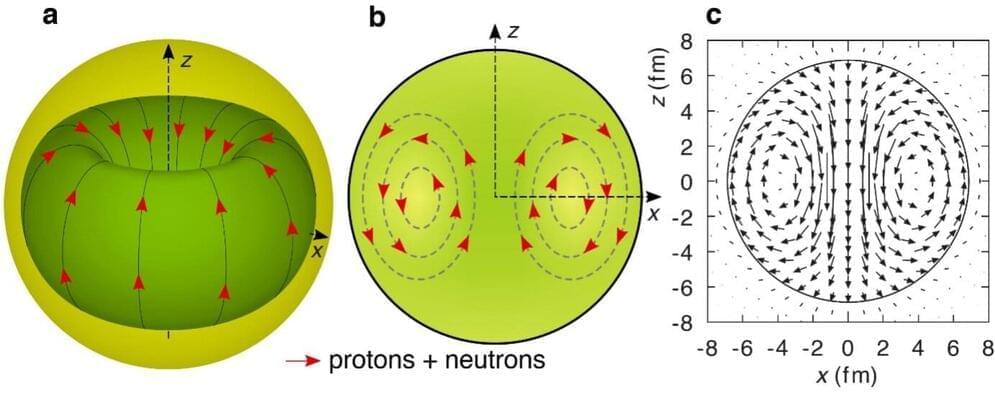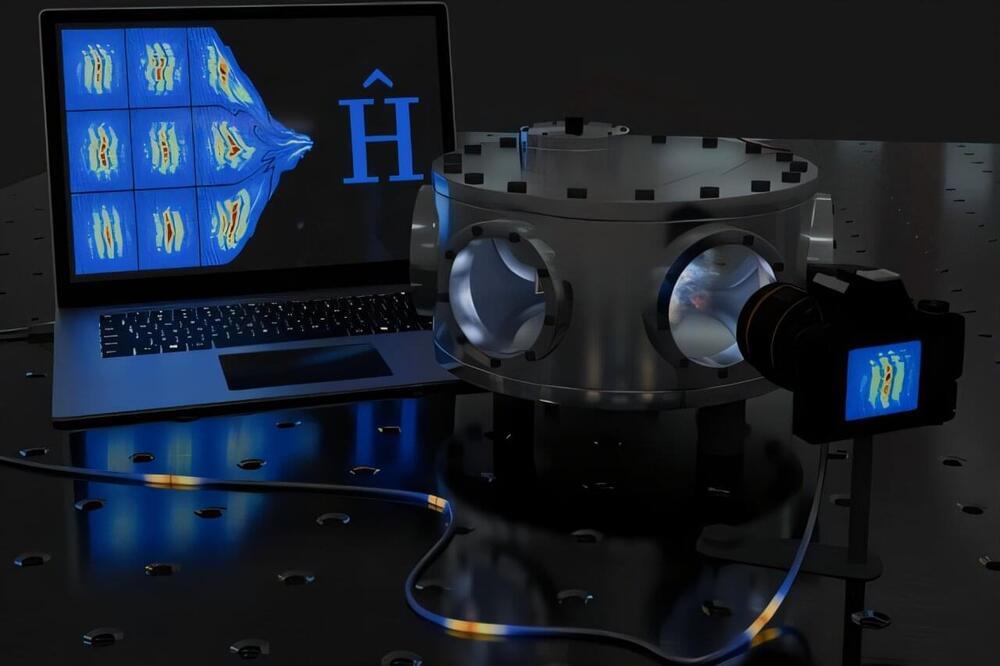This member-only story is on us. Upgrade to access all of Medium.
Multimodal retrieval-augmented generation (RAG) is transforming how AI applications handle complex information by merging retrieval and generation capabilities across diverse data types, such as text, images, and video.
Unlike traditional RAG, which typically focuses on text-based retrieval and generation, multimodal RAG systems can pull in relevant content from both text and visual sources to generate more contextually rich, comprehensive responses.









